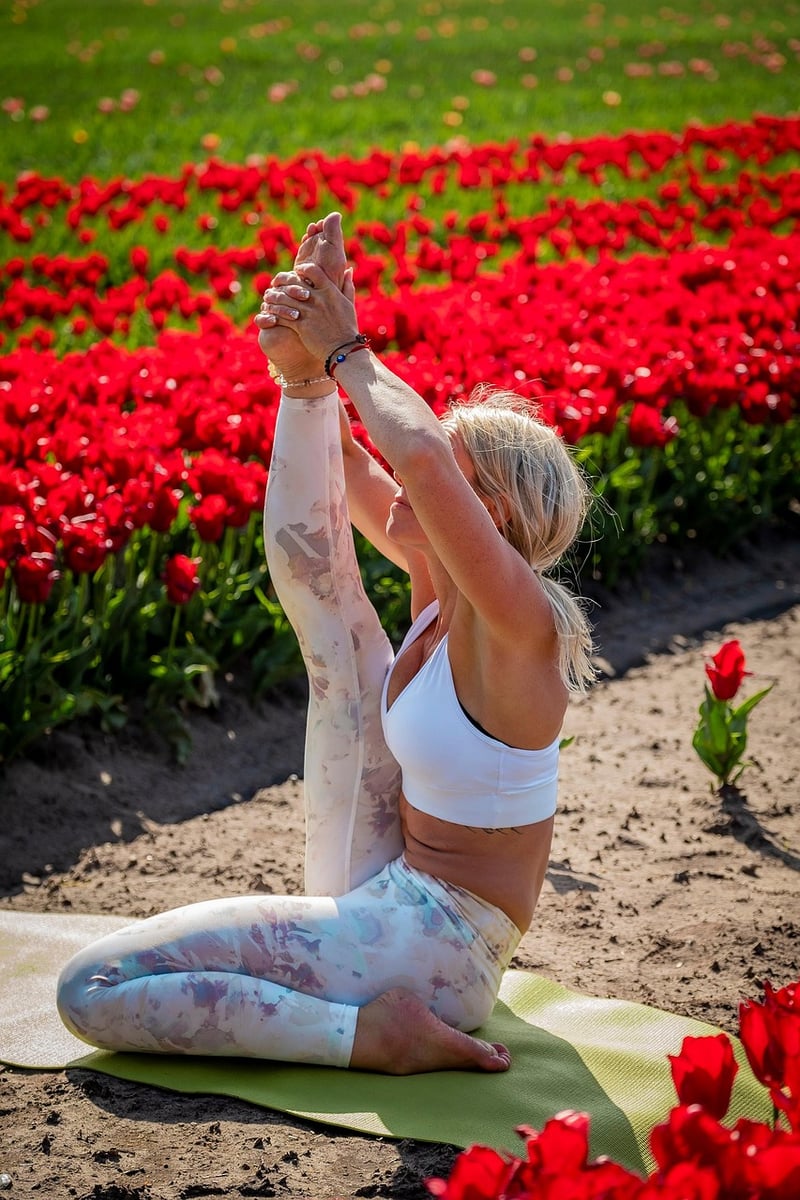Restorative
The Importance of Balance, Flexibility, and Restorative Practices
In today's fast-paced world, it's essential to prioritize activities that promote balance, flexibility, and restoration for both the body and mind. Incorporating practices that focus on these elements can lead to improved overall well-being and a better quality of life.
Balance
Balance is crucial for stability, coordination, and preventing injuries. Activities like yoga, tai chi, and Pilates can help improve balance by strengthening core muscles and enhancing proprioception. These practices not only benefit physical health but also promote mental clarity and focus.

Flexibility
Flexibility is key to maintaining a full range of motion in joints and muscles, reducing the risk of strains and improving posture. Stretching exercises, yoga poses, and regular mobility work can enhance flexibility and promote relaxation. By increasing flexibility, individuals can also experience better athletic performance and reduced muscle tension.

Restorative Practices
Restorative practices focus on relaxation, stress reduction, and rejuvenation. Techniques such as meditation, deep breathing exercises, and mindfulness can help calm the mind and body, leading to improved sleep quality and emotional well-being. Incorporating restorative practices into daily routines can aid in managing stress and promoting overall resilience.

By incorporating activities that promote balance, flexibility, and restoration into your lifestyle, you can achieve a harmonious blend of physical health and mental well-being. Take the time to nurture your body and mind, and experience the transformative benefits of these practices.
Remember, it's essential to consult with a healthcare professional or fitness instructor before starting any new exercise or wellness routine, especially if you have existing health concerns or conditions.
